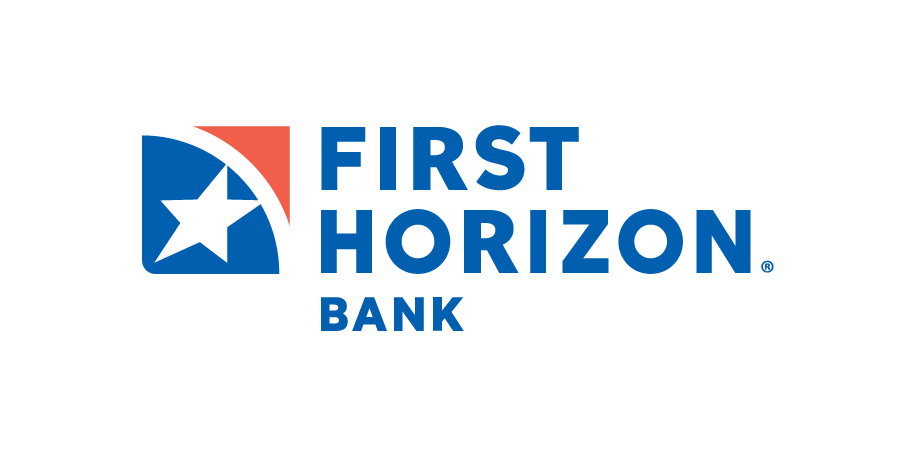Vigilance Against Fraud on Company Bank Accounts Calls for Teamwork
Advances in technology make our world more convenient and interconnected – but bad actors leverage the same advances to find new ways to steal.
Something about the call seemed fishy.
First, the caller claimed to be a familiar customer, but Eddie Buttross, Vice President of Commercial Banking at First Horizon, didn’t recognize the voice.
Then there was the international wire transfer the caller was inquiring about. The fraud department had flagged it because it didn’t match the customer’s usual pattern of business.
When Buttross and his colleagues put their heads together, they were able to stop what turned out to be a fraudulent transaction attempt.
“The request was to send $2 million overseas to buy oilfield equipment because they were (supposedly) setting up a drilling rig. The customer is in the oilfield business, but they’re not in the drilling rig business,” Buttross says.
Knowing the customer – their voice, their name, what they do, and what they don't do – helped save them $2 million.
— Eddie Buttross, Vice President of Commercial Banking at First Horizon
That save might have been more dramatic than most. But collaborating across departments to maintain vigilance against ever-evolving threats is an everyday thing at First Horizon.
“Fraud prevention is part of every conversation I have,” says Paige Jones, another First Horizon VP. As a treasury management specialist, Jones partners with Buttross to analyze the flow of cash through a client’s organization. “Once we deeply understand the cycle, we can identify potential weaknesses and build in solutions to make it stronger.”
An Evolving Threat
Advances in technology make our world more convenient and interconnected – but bad actors leverage the same advances to find new ways to steal. Over decades, check forgers evolved from using typewriters to computer applications to mobile uploads. Now, companies everywhere face frequent digital fraud attempts, such as unauthorized ACH (Automated Clearing House) debits and wire transfers.1 The attacks often start with email hacks like phishing, Jones says.
The pain of financial loss is front and center, but that’s not the only risk. Business disruption can be even more damaging.
“For instance, a medical clinic receives many electronic payments from insurance companies every day. If one account is hit with fraud, they’ll have to direct the insurance company to send payments to a different account. It may take months before that payment gets rerouted, which is a huge disruption in the clinic’s cash flow,” Jones explains.
Implementing the Right Tools
- ACH Positive Pay and Check Positive Pay give clients insight and control over debits from accounts, as well as backup scrutiny to flag transactions that need a second look.
- ACH Debit Block allows clients to review every attempt at an ACH debit, eliminating the possibility of unauthorized or automated debits.
- Commercial Credit Cards offer large businesses a high level of control over employee card use, such as giving different employees different levels of spending permission.
A Shared Responsibility
Client Best Practices
- Requiring dual controls for wire transfers. If employee A initiates a movement of money out of a company account, employee B must approve it before the transfer initiates.
- Daily monitoring of all accounts. “Fraudsters will try to target larger companies with a debit of $2,000 or $3,000, hoping they won’t catch it because of the large number of transactions going through,” Buttross warns.
- Managing employee permissions. “At First Horizon, we’re able to provide robust and very granular permission sets for users,” Jones says. “You can give one user access to five accounts, but another user access to only one.”
A Team Approach
This story is a paid advertisement. The editorial staff of The Daily Memphian were not involved in the creation of this content.



